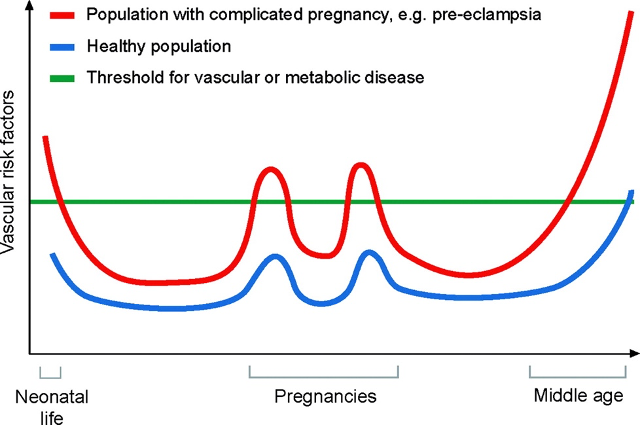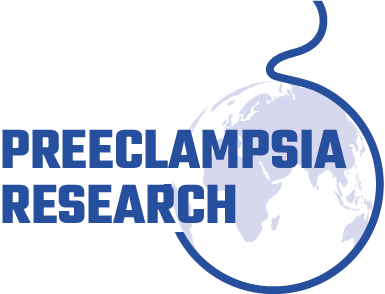Swedish Register Studies
Pregnancy; a window for investigating future maternal and offspring health
-a population based Swedish register study
This project aims to use pregnancy, including pregnancy complications and treatments, as a window for predicting and investigating maternal and offspring risk of future adverse health outcomes, spanning from risk of subsequent pregnancy outcomes to chronic disease.
Pregnancy complications and maternal chronic disease are specific risk factors for future adverse health in both mother and offspring. Pathways that link pregnancy complications and future adverse health need to be elucidated to increase the knowledge of how women with pregnancy complications can be counselled antepartum and postpartum, as well as optimal follow up for their offspring. This will give us an opportunity to use pregnancy as a window for future health and customize surveillance and treatment for these women and their children.
Aims
Aim 1: To elucidate pathways leading to adverse health after a complicated pregnancy or intrauterine environment for the mother and the offspring.
Aim 2: To investigate the effect of interventions (medical and behavioral therapeutics) before- and during pregnancy on pregnancy and labor outcomes and potential maternal and infant side effects.
Data will be retrieved from National health data registers held by the National Board of Health and Welfare: the Medical Birth register, the National Patient Register, the Swedish Prescribed Drugs Register, the Cause of Death Register, as well as by Statistics Sweden: the Register of Total population, the LISA (Longitudinal integrated database for health insurance and labour market studies) Register and the Education Register. We will also retrieve data from two national quality registers of cardiology (Swedeheart and SwedHF).
Studies in the Swedish Pregnancy Register (SPR)
The research group has published several studies originating from the Swedish quality register for pregnancy – SPR (länk till flik publications).
SPR was launched in 2013, merging data from three parts; the Swedish Maternal Health Care Register, the Swedish
National Quality Register for Prenatal Diagnosis, and the Obstetric Register. Compared with the
Swedish National Birth Register (MBR) it provides additional data on maternal mental health, socioeconomic factors and more detailed information of pregnancy and labour.

Adapted from Circulation. 2011;123:2856-2869
